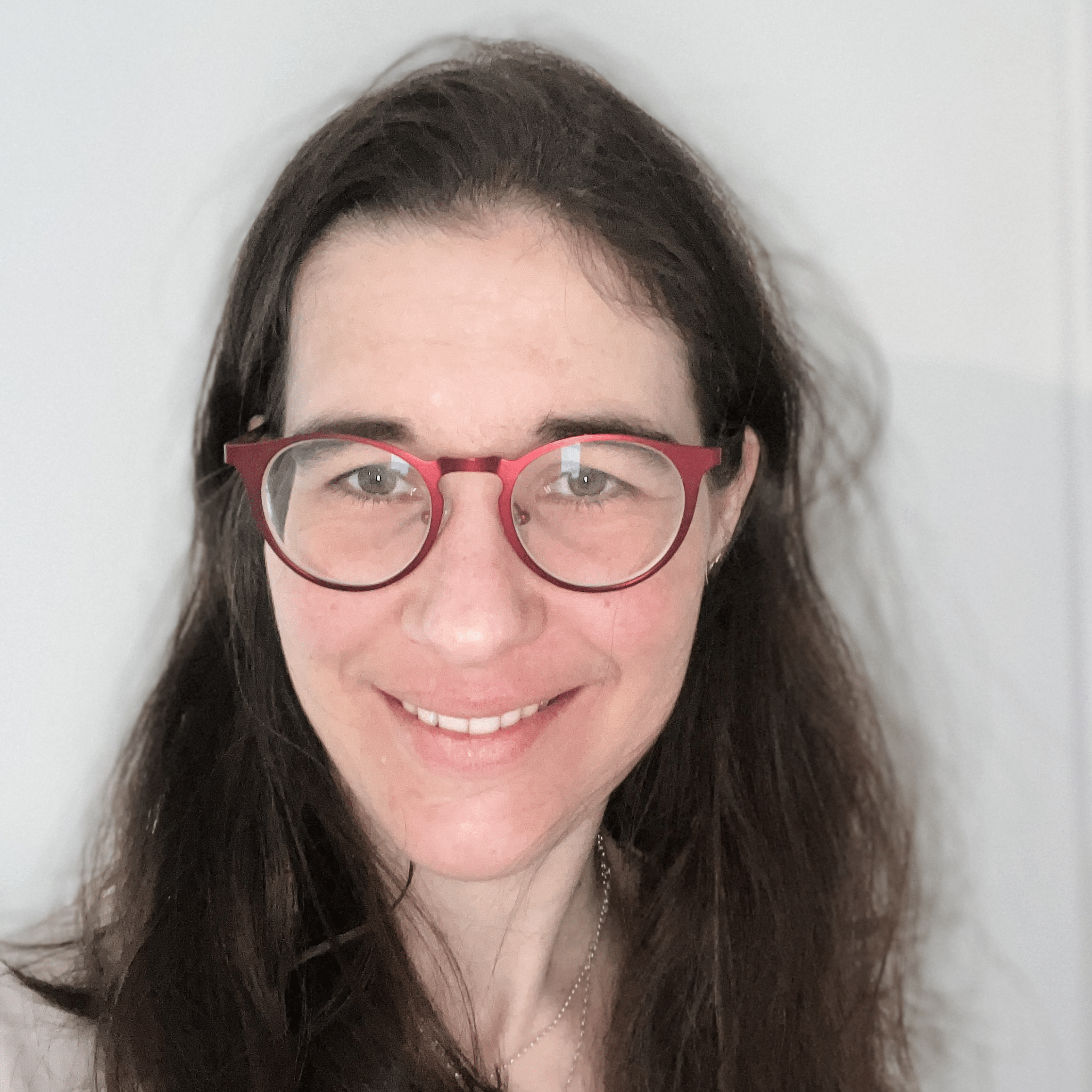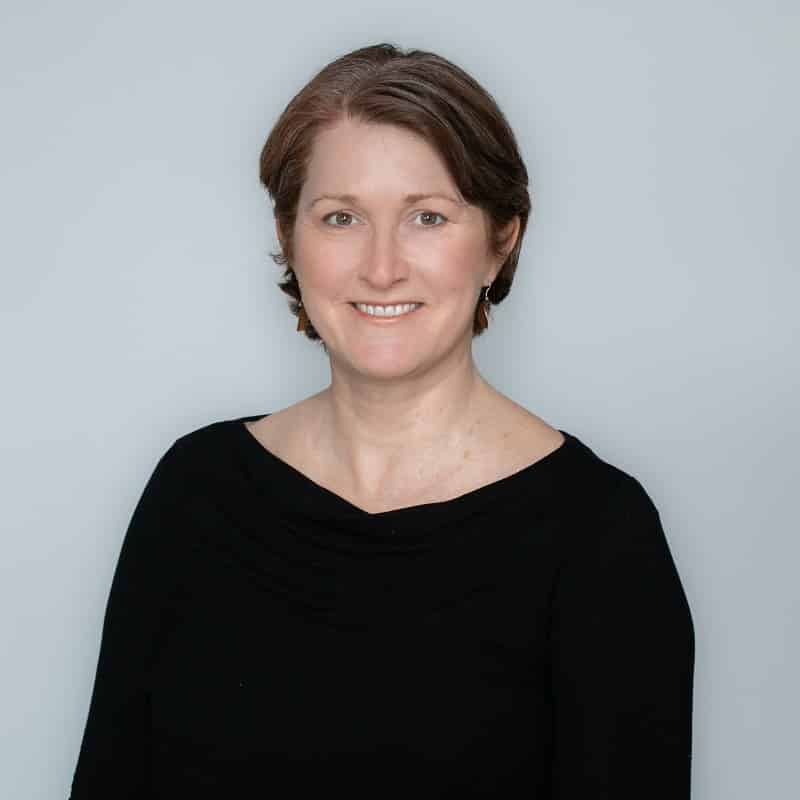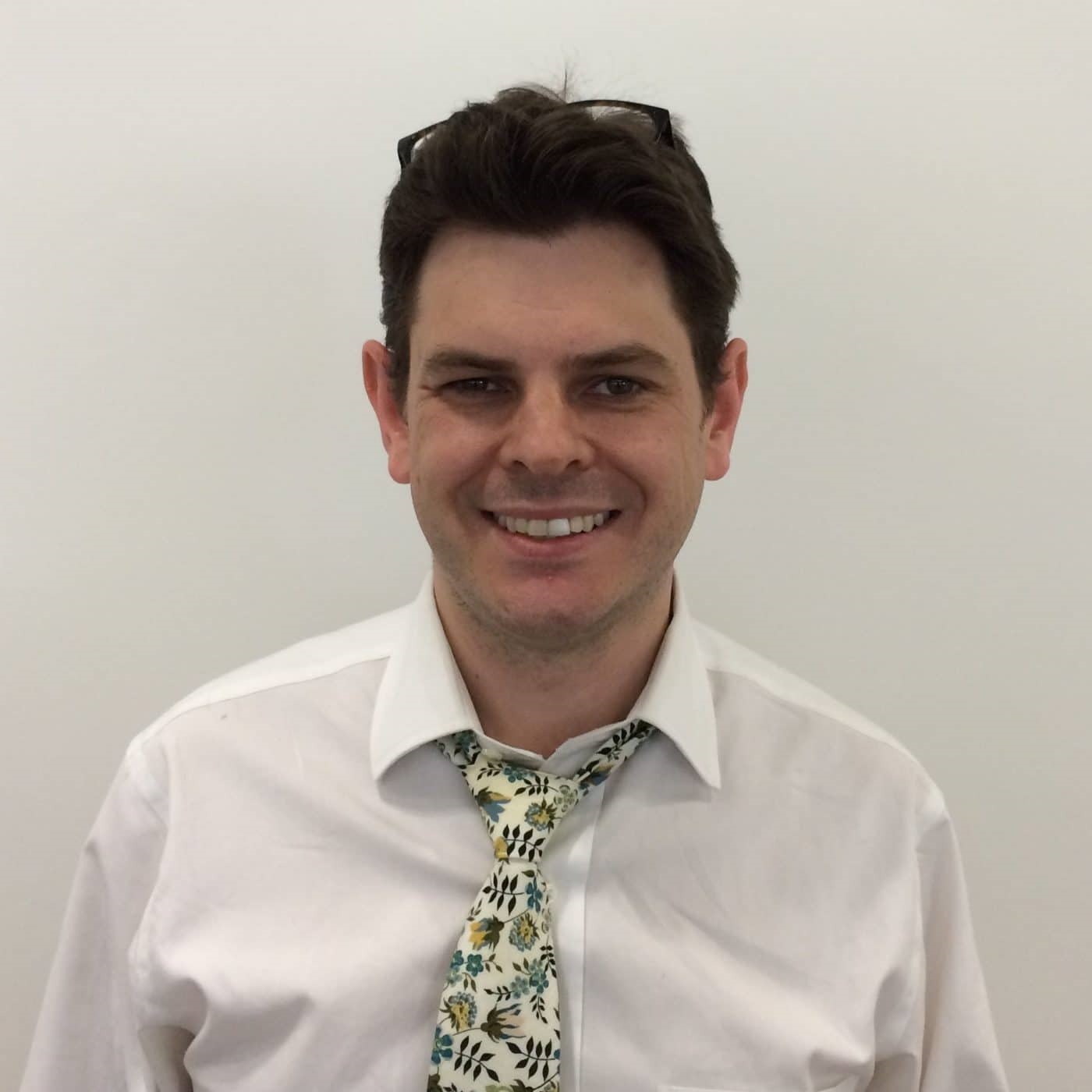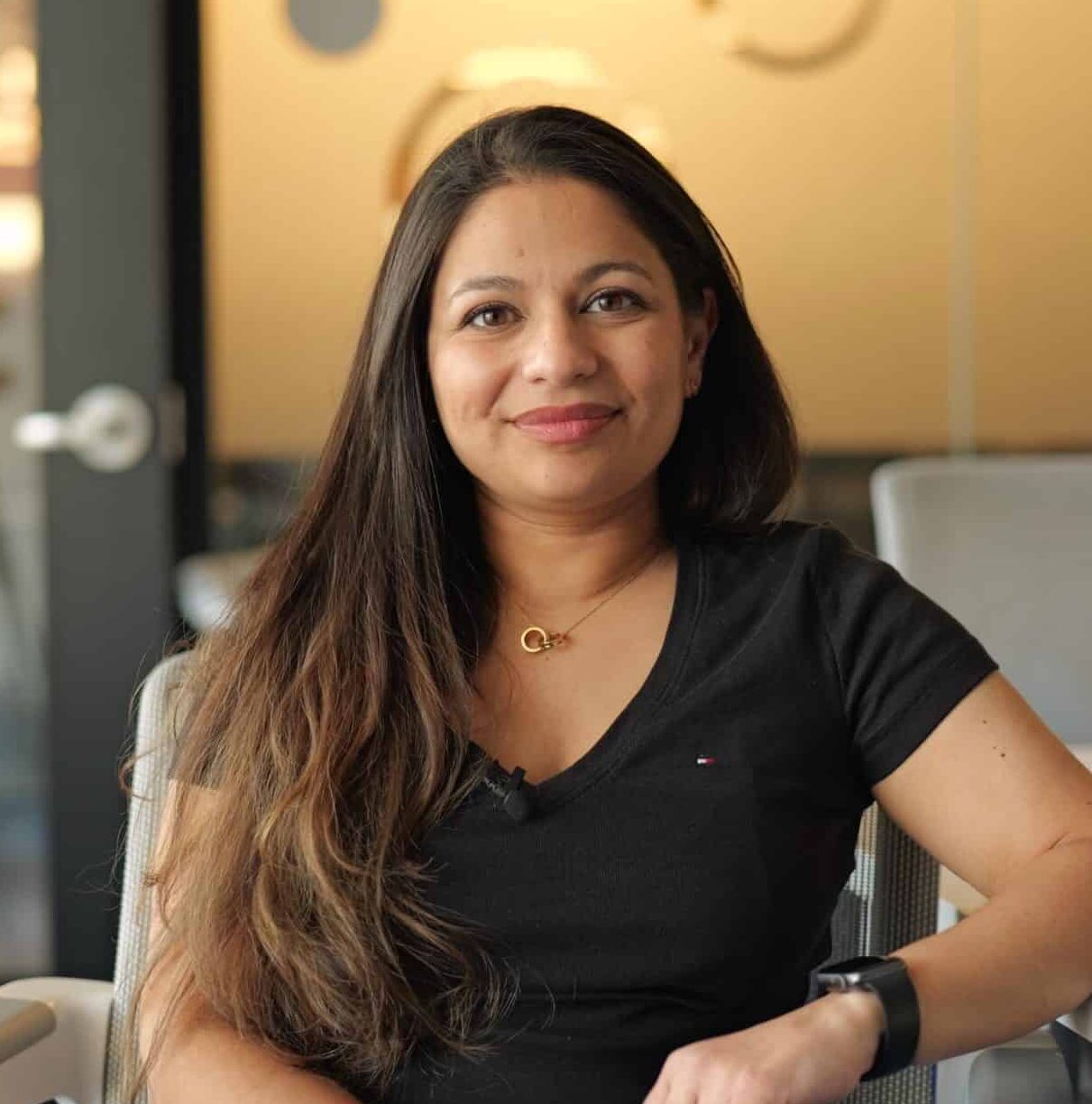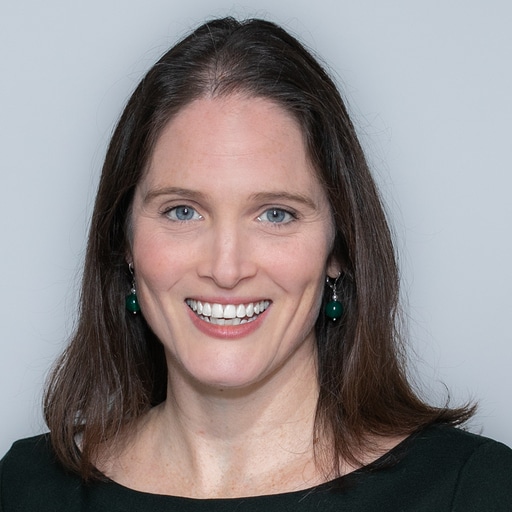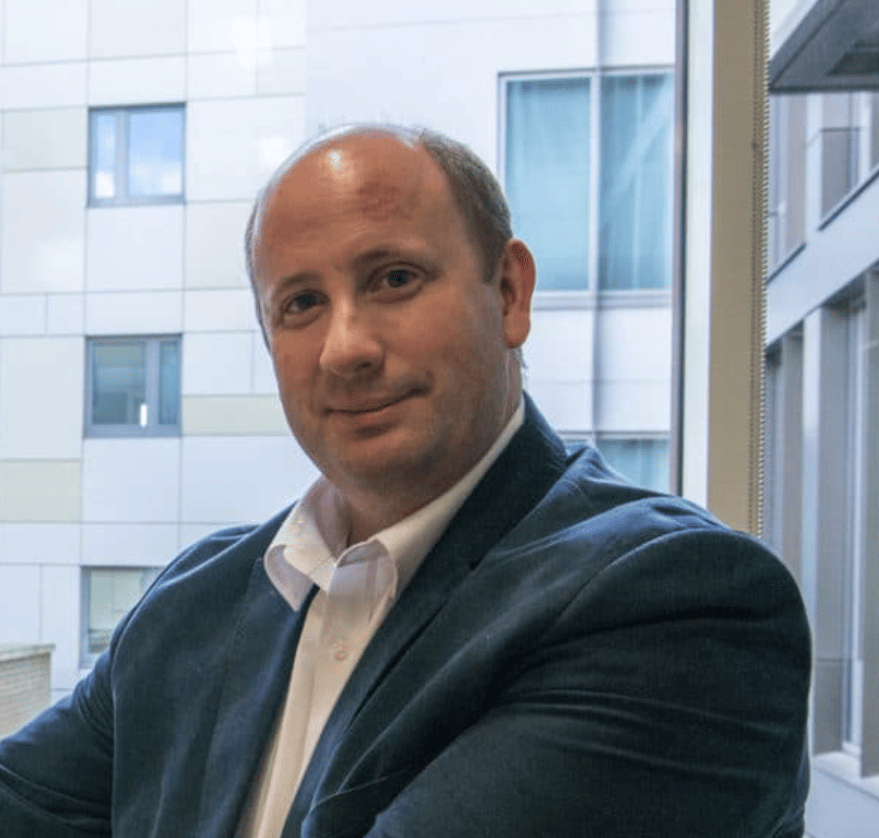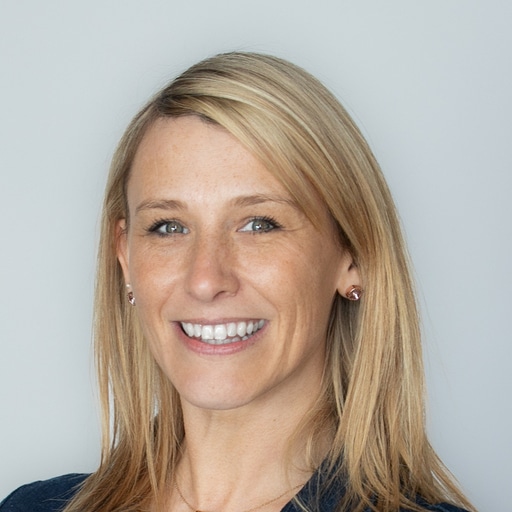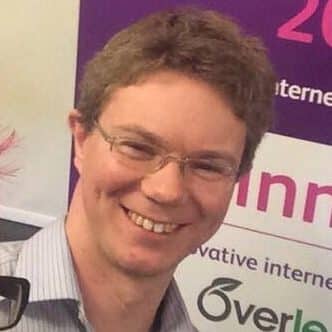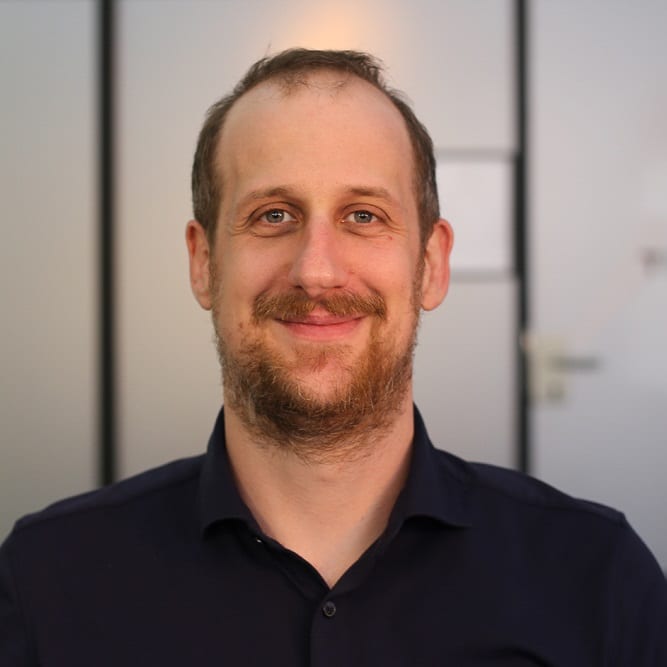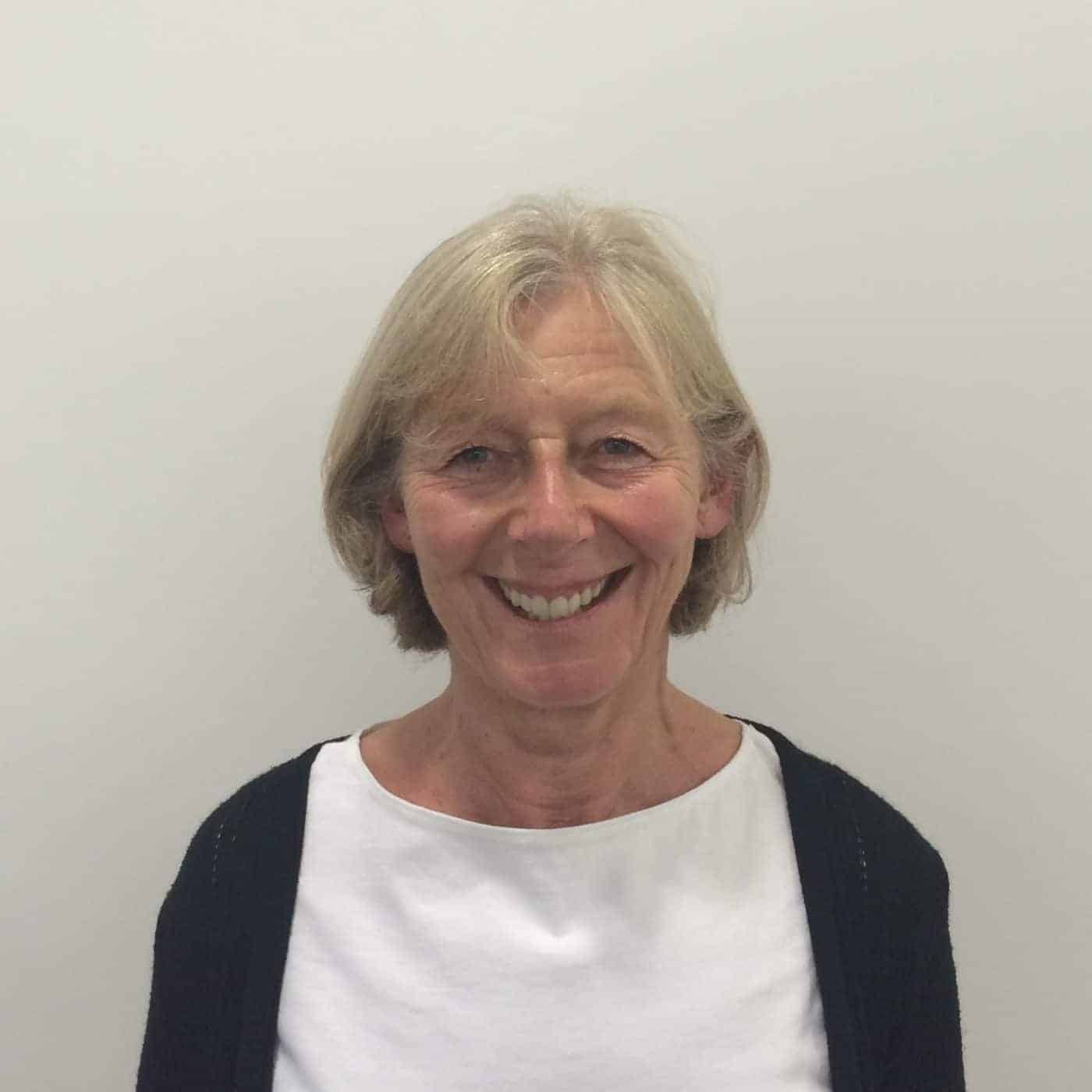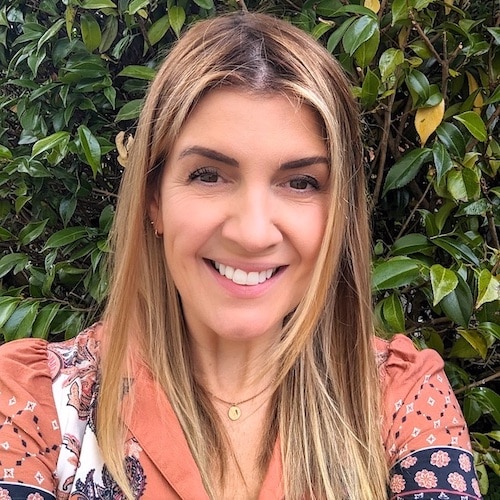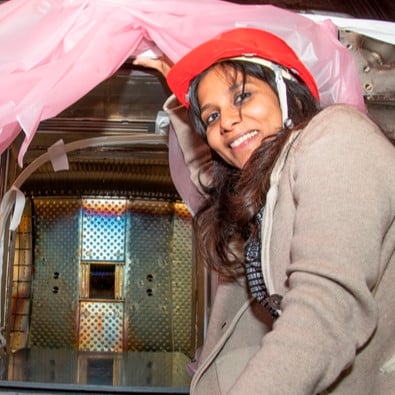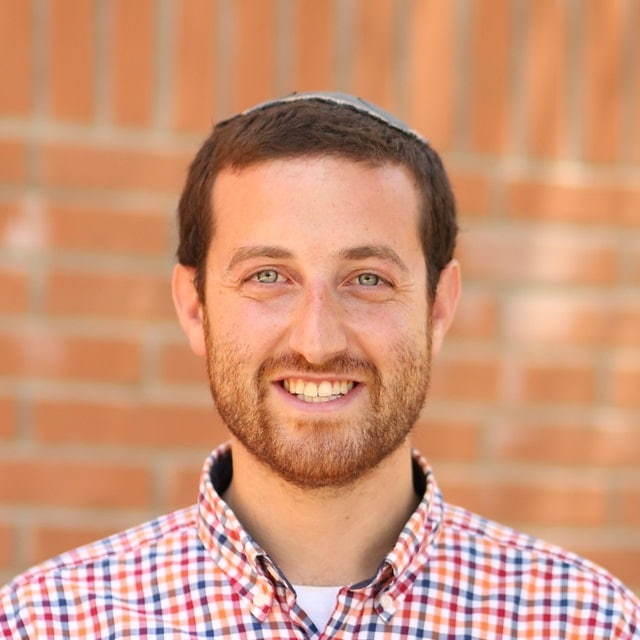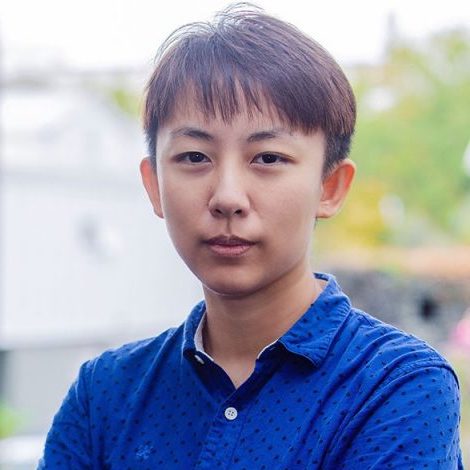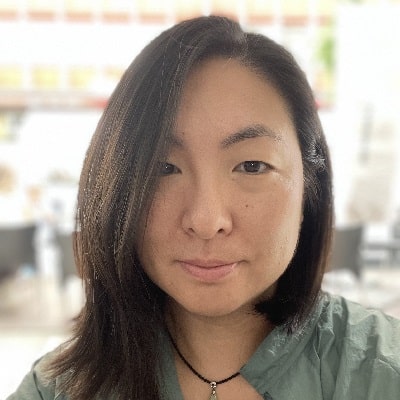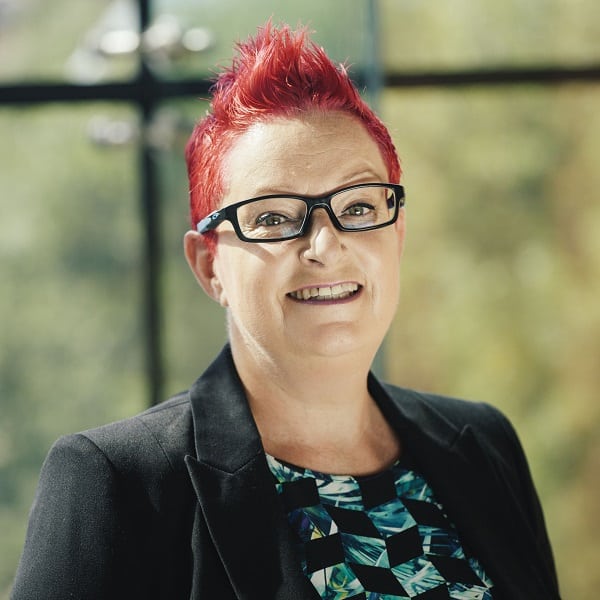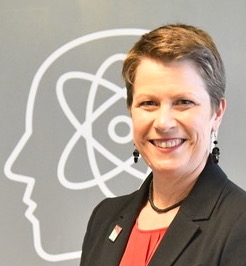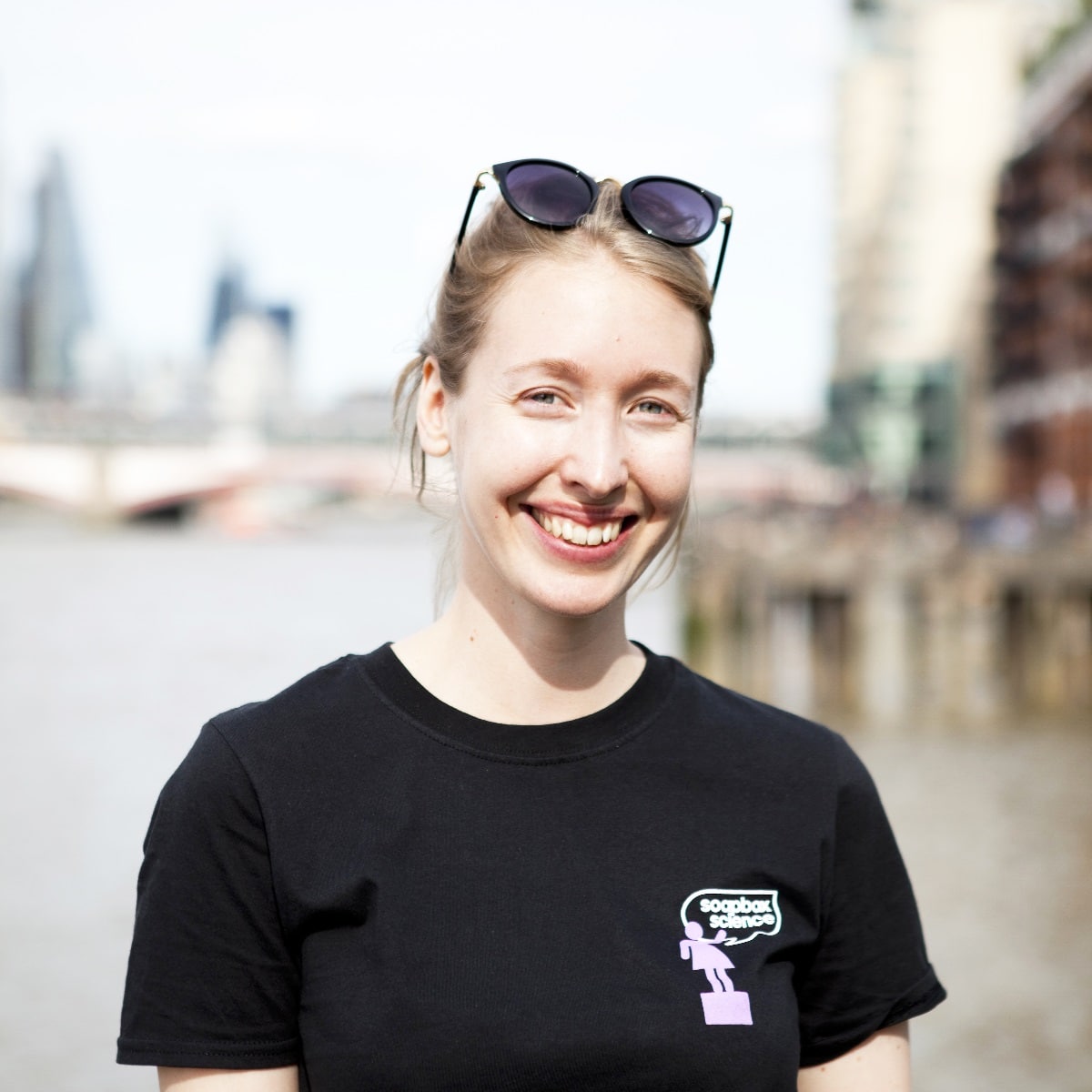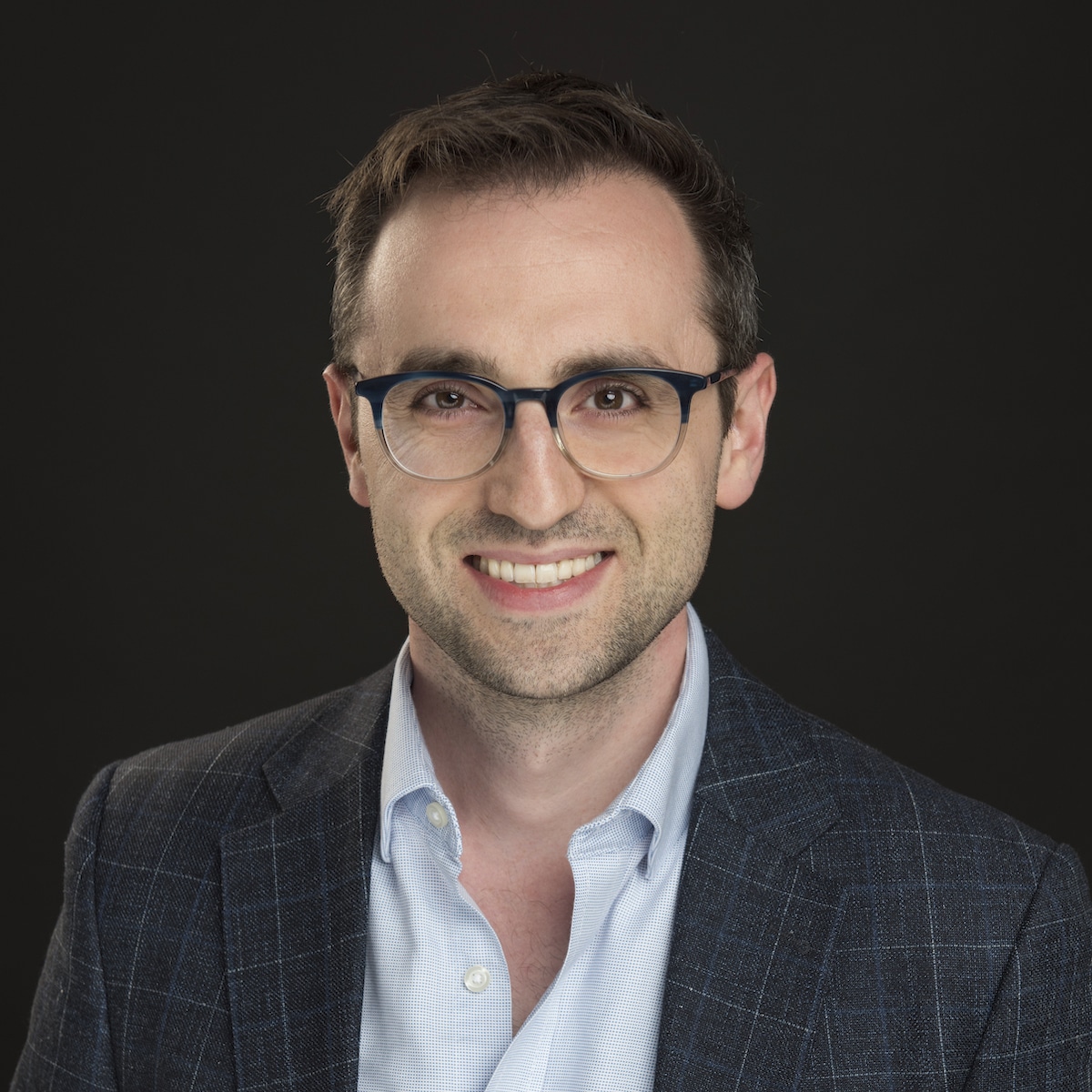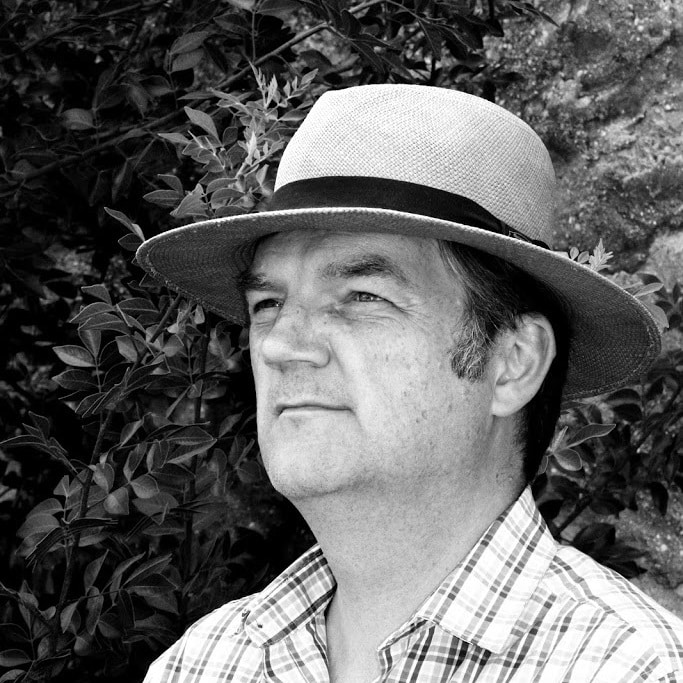The latest recruit to TL;DR will be a familiar face to many, as Mark Hahnel has been a thought leader in the Open Research space for many years as Founder and CEO of Figshare. Below Mark spells out that, far from reflecting on the progress made in this area, he is hungry to understand even more about how it can develop further.
My bio has for the last decade included the line: “Mark is passionate about open science and the potential it has to revolutionise the research community.” This is true.
I started Figshare 12 years ago and have been at Digital Science since 2012. I love Digital Science. The leadership has always encouraged open practices where possible. It is something that has been there since the beginning of the company. It is not something we pivoted to for financial gain. It is one of our driving challenges, of which you can read more about here.
“At Digital Science, we believe that many of the different aspects of research need to be shared as openly as possible. Openness in research has the capacity to improve both research itself and its long-term societal impact.…Open research is not just about Open Access. It aims to promote transparency throughout the research lifecycle: from funding, through research methodology and data sharing, to evaluation and impact…The key to ensuring all research is reproducible is to document and report details of methods, equipment, analytical software, and data as accurately and openly as possible.”
As I was trained as an academic researcher, I have always been fascinated by the trends in research, hearing how my former colleagues still in academia talk about publishing, compared to those on the industry side. I think more dissemination of research is a net positive. I think the gamification of research dissemination for nefarious means has created a crisis point. I am obsessed with the incentive structure of peer review and how it shouldn’t work, but does, albeit with some issues. These issues are being amplified by the sheer scale at which research publication happens.
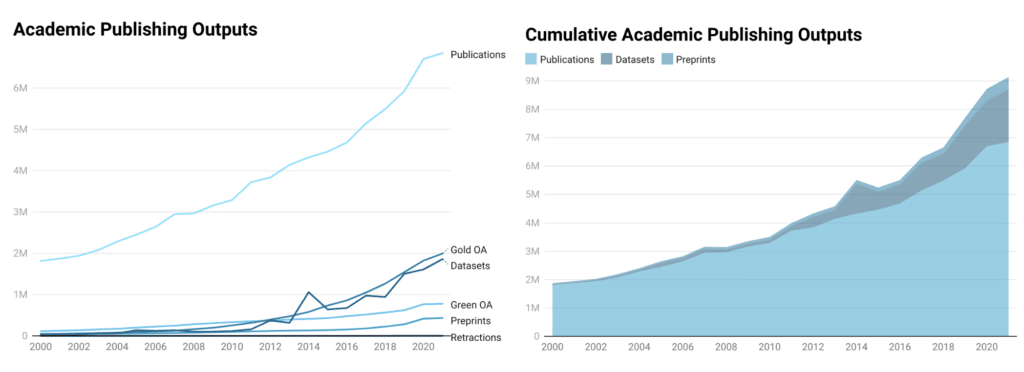
I want to know how we can make optimal dissemination of academic research in a way that is open, fast, cost effective and most importantly trustworthy.
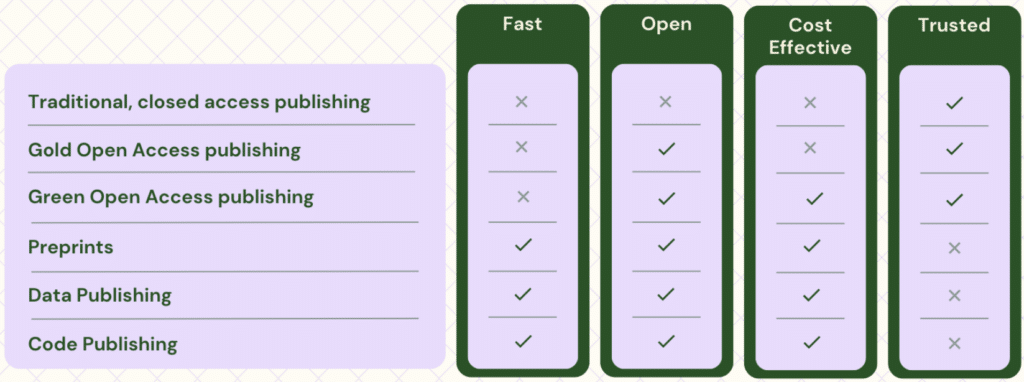
I want to know how we can automate trust, or have better provenance for trusted research in a post-AI world.
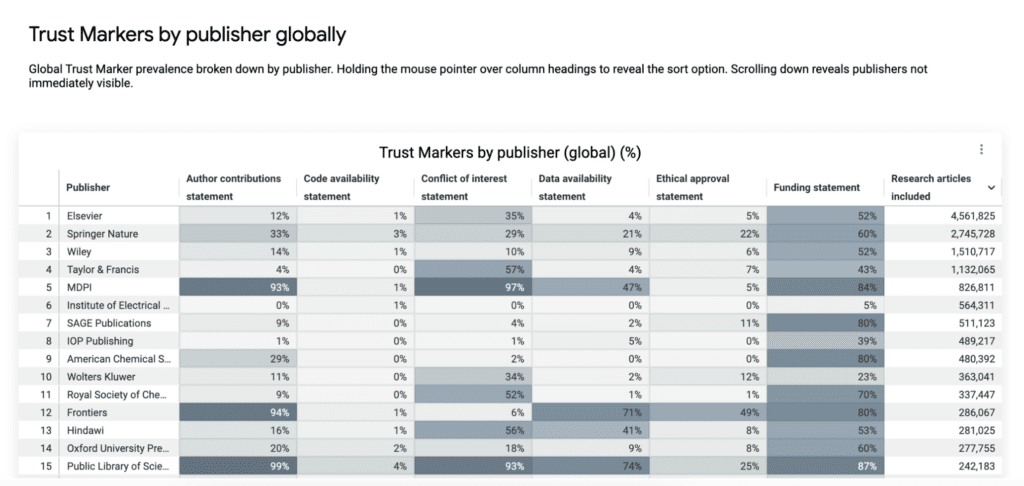
And I want to celebrate open access in a way that is cost effective and equitable to all.
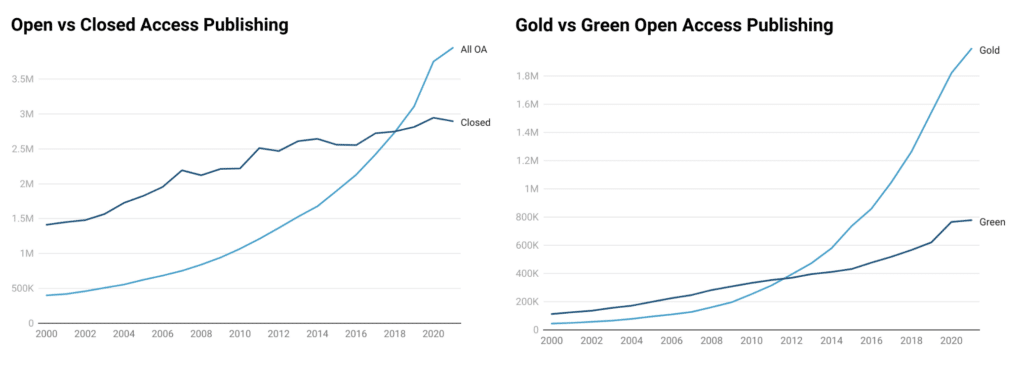
I have always felt at home engaging with the community, at events, online discussions and through representation on the DataCite board and the DOAJ advisory board. Through building Figshare and the State of Open Data Report, I know an awful lot about open research data; the reasons we need it, what it will take to make it ubiquitous. More recently, as Figshare has built out its traditional paper repository functionality, I have got up to speed with the nuances of open access publishing.
But, I want to know more.
As such, my role is expanding. I am now covering ‘Open Research’ for Digital Science as VP Open Research in the TL;DR team. To help with this transition, I have spent the past six months handing over operational control of Figshare to Jonathan Breeze – who many of you will know from Symplectic – and his team of fantastic leaders responsible for other Digital Science products which support research workflows. However, in my new role, I will continue to work as part of the Figshare team both formally as Digital Science’s representative with the GREI project and more broadly with Digital Science colleagues as we try to make fully open research happen faster.
So if you are working in any facet of Open Research, get in touch. If you are building cool features or tools for the space. If you are drafting policy documents. If you would like someone to come and offer (relatively) unfiltered views at an event near you, get in touch. I look forward to working with everyone who is pushing to move academia and humanity further, and faster through open research.



